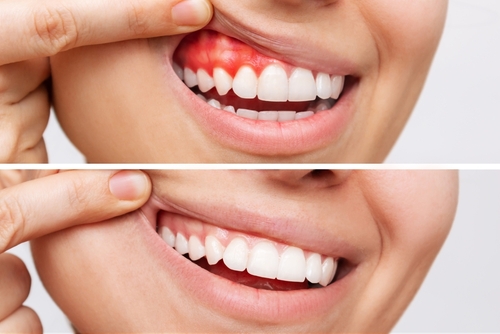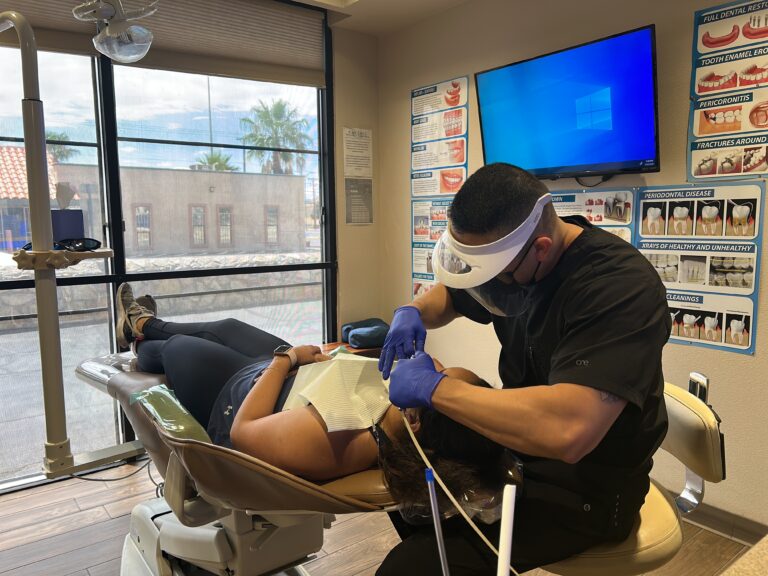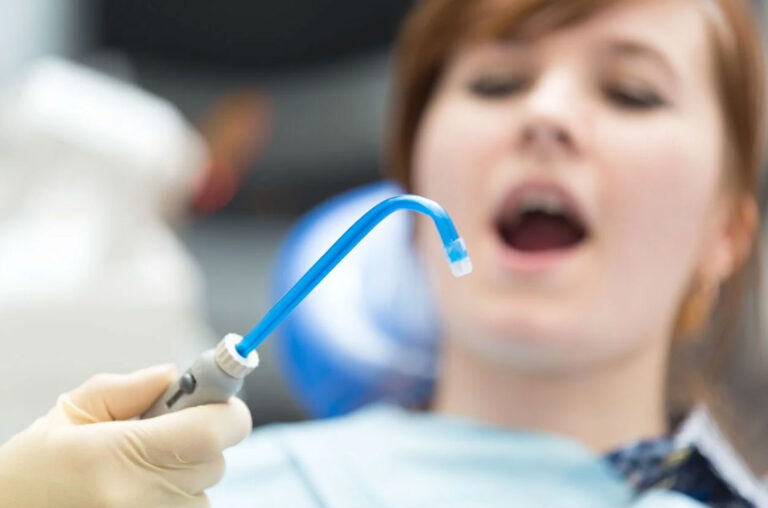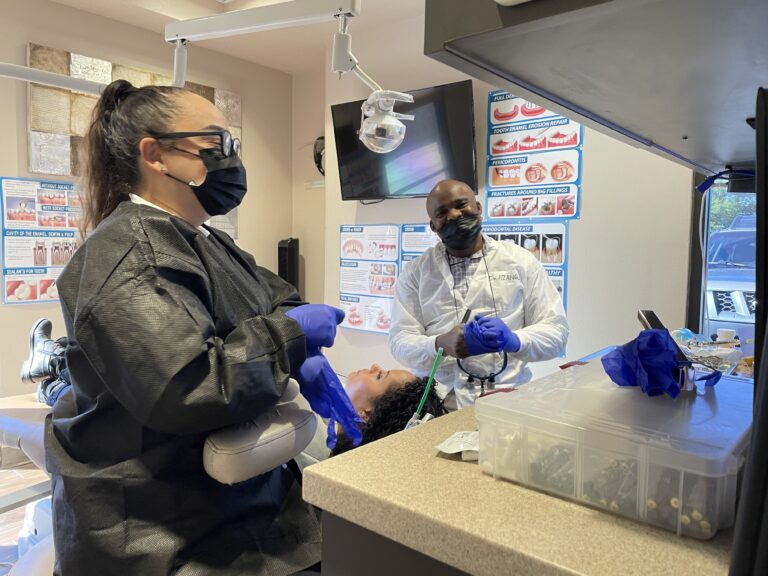Are Your Gums Bleeding? What It Means and What to Do Next
You might notice a bit of pink in the sink after you brush or floss your teeth. It’s easy to dismiss it as a minor issue, perhaps from brushing too hard. While that can sometimes be the case, bleeding gums are often an early warning sign from your body that something isn’t right. Ignoring it can lead to more serious oral health problems down the road.
Understanding why your gums are bleeding is the first step toward fixing the problem. This guide will explore the common causes of bleeding gums, what it could mean for your overall health, and the practical steps you can take to address it.

The Most Common Cause: Gingivitis
In most cases, bleeding gums are a sign of gingivitis, the earliest stage of gum disease. Gingivitis is caused by the buildup of plaque, a sticky film of bacteria that constantly forms on your teeth. If plaque isn’t removed through daily brushing and flossing, it hardens into tartar along the gumline.
This buildup irritates the gums, causing them to become inflamed, swollen, and prone to bleeding. The good news is that gingivitis is completely reversible with proper oral hygiene and professional care. However, if left untreated, it can progress to a more severe form of gum disease.
Other Reasons Your Gums Might Bleed
While gingivitis is the primary culprit, other factors can contribute to bleeding gums:
- New Oral Hygiene Routine: If you’ve recently started flossing or switched to a new toothbrush, your gums might bleed for a few days as they adjust. This should resolve within a week.
- Brushing Too Hard: Using a hard-bristled toothbrush or applying too much pressure can damage your delicate gum tissue and cause bleeding. Opt for a soft-bristled brush and use gentle, circular motions.
- Medications: Certain medications, such as blood thinners, can increase your likelihood of bleeding. Be sure to inform your dentist about any medications you are taking.
- Pregnancy: Hormonal changes during pregnancy can make gums more sensitive and susceptible to inflammation, a condition known as “pregnancy gingivitis.”
- Nutritional Deficiencies: A lack of essential vitamins, particularly vitamin C and vitamin K, can affect your body’s ability to heal and may contribute to bleeding gums.
When Bleeding Gums Signal a Bigger Problem
If improved oral hygiene doesn’t stop the bleeding, it may be a sign of periodontitis. This is the advanced stage of gum disease where the infection has spread below the gumline, damaging the tissues and bone that support your teeth.
In periodontitis, the gums pull away from the teeth, creating pockets where more bacteria can accumulate. This can lead to persistent bad breath, loose teeth, and eventually, tooth loss. Gum disease has also been linked to systemic health issues, including heart disease, diabetes, and respiratory problems, making it crucial to address the problem early.
What to Do About Bleeding Gums
Seeing your gums bleed can be alarming, but you can take control of the situation. Here are the most effective steps to restore your gum health.
1. Re-evaluate Your Brushing and Flossing Habits
The foundation of healthy gums is a consistent and proper oral hygiene routine. Make sure you are:
- Brushing twice a day for at least two minutes with a soft-bristled toothbrush and fluoride toothpaste.
- Flossing daily to remove plaque and food particles from between your teeth and under the gumline. Be gentle and curve the floss around each tooth.
- Using an antiseptic mouthwash to help reduce bacteria and plaque buildup.
2. Eat a Balanced Diet
A healthy diet supports healthy gums. Incorporate plenty of fruits and vegetables rich in vitamins, especially vitamin C, which is vital for gum tissue repair. Limiting sugary foods and drinks will also help reduce plaque formation.
3. Quit Smoking
Smoking is one of the biggest risk factors for gum disease. It weakens your immune system, making it harder for your body to fight off gum infections. Quitting smoking can significantly improve your oral health.
Don’t Wait to Seek Professional Help
While these at-home steps are essential, they are not a substitute for professional dental care. If your gums bleed regularly, it’s a clear signal that you need to see a dentist. A professional can determine the exact cause of the bleeding and recommend the right course of action.
A dental check-up and professional teeth cleaning are the most effective ways to remove stubborn tartar, reverse gingivitis, and prevent more serious problems. Don’t let bleeding gums go unchecked.
Your oral health is too important to ignore. If you’re concerned about bleeding gums, schedule a check-up and teeth cleaning at Green Family Dental. Our team in East El Paso is ready to help you get your gums back to health. Call us today to book your next regularly scheduled visit and keep your smile bright and healthy.






